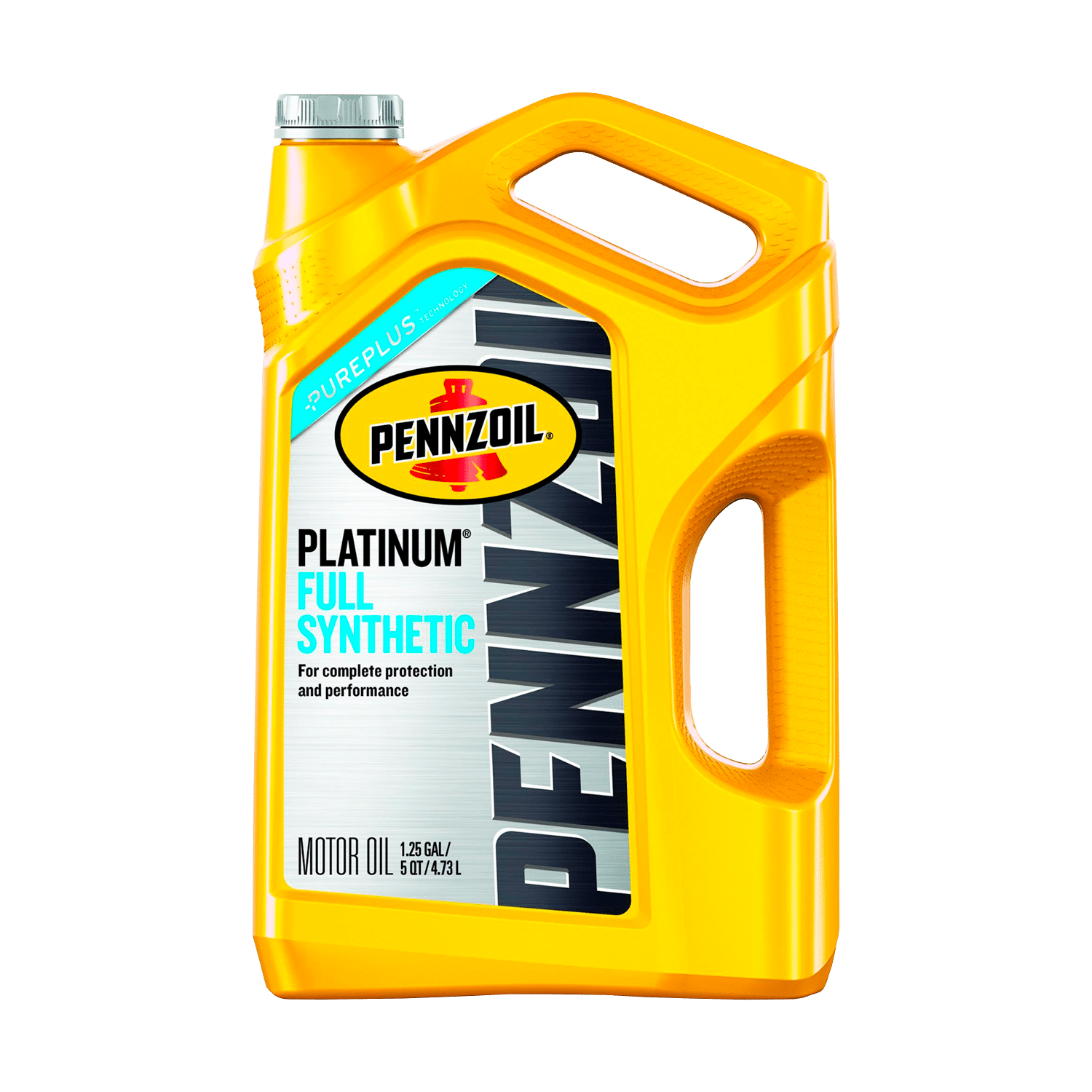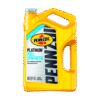You can contact us 24/7 +1 604-901-1588
The best discounts this week
Every week you can find the best discounts here.
Your vehicle’s engine is the heart of your car and motor oil is its lifeblood. But not all oils are created equal. Using cheap, low-quality, or incorrect engine oil can lead to serious, often irreversible damage that costs far more than you saved upfront.
Here’s what happens when you use the wrong oil and why choosing high-quality, original-spec oil is critical to your vehicle’s performance and longevity.
🛢️ What Is Ba Oil?
Bad oil isn’t just old or dirtyit can include:
- Low-quality or unbranded oil
- Oil that doesn’t meet your engine’s specifications
- Outdated or expired oil
- Imitation oil that lacks proper certification
- The wrong viscosity (e.g., using 10W-40 when your car requires 0W-20)
These options might look attractive on the shelf due to the price, but your engine will pay the price.
🚨 6 Real Problems Caused by Bad Engine Oil
1. Poor Lubrication = Engine Wear
Cheap or incorrect oil often lacks the proper additives to lubricate effectively. This leads to friction between engine parts, which causes premature wear and tear.
2. Overheating
Bad oil breaks down faster under heat, failing to keep the engine cool. This can lead to overheating, warped components, or a full-blown breakdown.
3. Sludge Build-Up
Low-quality oils tend to leave behind sticky deposits or sludge that clogs engine passages, reducing efficiency and oil flow.
4. Reduced Fuel Efficiency
Your engine has to work harder with subpar oil, burning more fuel and leading to lower MPG over time.
5. Increased Emissions
Bad oil leads to incomplete combustion and higher emissions, which can result in failing emissions tests and harming the environment.
6. Void Warranty
Many automakers require oil that meets specific standards. Using off-brand or non-spec oil can void your warranty leaving you on the hook for costly repairs.
🔍 Signs You May Be Using Bad Oil
- Knocking or ticking noises from the engine
- Loss of power or sluggish acceleration
- Engine warning lights or oil pressure alerts
- Dark, gritty, or watery oil on the dipstick
- Increased engine temperature on the dash
✅ What You Should Use Instead
Always go for:
- Fully synthetic or synthetic blend oils from trusted brands
- Oils that meet your car’s manufacturer specifications (API/ACEA/ILSAC)
- OEM-approved or certified oils
- The correct viscosity grade for your engine and climate
🛒 Where to Buy Trusted Oils
We carry only premium motor oils that meet or exceed OEM standards. Whether you drive a compact car, SUV, diesel truck, or high-performance import, we have the right oil to protect your engine and extend its life.
🧠 Final Thoughts
Saving a few dollars on engine oil might seem harmless—until your engine fails and you’re staring down a four-figure repair bill.
High-quality oil isn’t an upgrade—it’s a necessity.
Protect your vehicle, your wallet, and your peace of mind. Choose the right oil. Every time.











